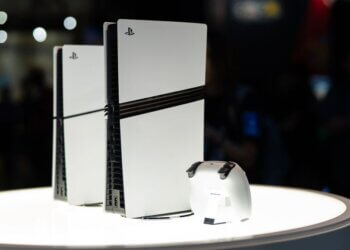Nissan launched the Leaf to restore its electric vehicle leadership position because the company lagged behind competitors in the rapidly changing EV market. The third-generation Leaf will reach U.S. dealerships during the fall season.
Nissan used to lead the market for electric vehicles among mass consumers but Tesla and other competitors have surpassed the company. The new Leaf crossover model features enhanced battery capacity which provides U.S. drivers with approximately 303 miles of range. The production facilities for the new Leaf will operate in Japan and the UK yet U.S. models will need to pay tariffs.
The market conditions at this time might create challenges for the company. The EV subsidy reduction combined with growing hybrid sales and no hybrid options in the U.S. market creates difficulties for Nissan. According to Koji Endo of SBI Securities this represents the worst possible time to introduce the new product.
Nissan maintains that the Leaf will maintain its competitive pricing structure despite potential risks. The Leaf has become a global bestseller since its 2010 launch with over 700,000 units sold worldwide thus establishing itself as Nissan’s flagship electric vehicle. The company faces significant challenges because it needs to reduce costs while updating its product range while managing $4.1 billion in debt and planning to shut seven plants and eliminate 11,000 jobs.










